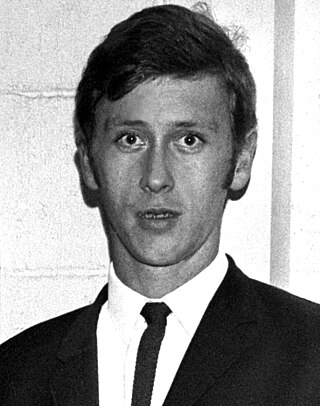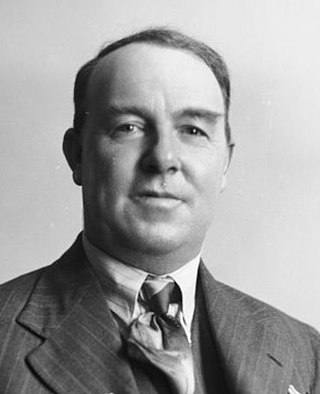
The 1975 New Zealand general election was held on 29 November to elect MPs to the 38th session of the New Zealand Parliament. It was the first general election in New Zealand where 18- to 20-year-olds and all permanent residents of New Zealand were eligible to vote, although only citizens were able to be elected.

The Mayor of Christchurch is the head of the municipal government of Christchurch, New Zealand, and presides over the Christchurch City Council. The mayor is directly elected using a First Past the Post electoral system. The current mayor, Phil Mauger, was elected in the 2022 mayoral election. The current deputy mayor is Pauline Cotter.

Vicki Susan Buck is a New Zealand politician. She was Mayor of Christchurch for nine years from 1989 to 1998. Prior to being Mayor, Buck was a city councillor for the Pegasus ward, having been elected as the youngest city councillor in New Zealand at the age of 19. She retired after three mayoral terms, having been very popular.

Helen Mary Smith was a New Zealand artist, teacher and politician. She was a Porirua City Councillor from 1973 until 2001.

The Christchurch City Council (CCC) is the local government authority for Christchurch in New Zealand. It is a territorial authority elected to represent the 415,100 people of Christchurch. Since October 2022, the Mayor of Christchurch is Phil Mauger, who succeeded after the retirement of Lianne Dalziel. The council currently consists of 16 councillors elected from sixteen wards, and is presided over by the mayor, who is elected at large. The number of elected members and ward boundaries changed prior to the 2016 election.

Neville George Pickering was a New Zealand politician of the Labour Party.

Arthur Ernest "Tommy" Armstrong was a New Zealand politician of Christchurch and Napier in the North Island and a member of the Labour Party. His political career, which featured many disputes and public clashes, was described as "stormy".

Sir Hamish Grenfell Hay was a New Zealand politician, who served as Mayor of Christchurch for fifteen years, from 1974 to 1989. He is Christchurch's longest-serving mayor.

Sir Ernest Herbert Andrews was a New Zealand teacher, printer and cricketer and local-body politician. He was on the Christchurch City Council from 1919 and Mayor of Christchurch from 1941 until his retirement in 1950.

John Walton Beanland was a building contractor and Mayor of Christchurch from 1936 to 1938.

Harry Joseph Beswick was Mayor of Christchurch in 1896.
The Mayor of Napier is the head of the municipal government of Napier, New Zealand, and presides over the Napier City Council. Napier is New Zealand's ninth largest city. The first mayor was elected in 1875. The current mayor is Kirsten Wise.

The Sydenham by-election 1974 was a by-election held in the Sydenham electorate during the term of the 37th New Zealand Parliament on 2 November 1974. Eight candidates stood in total.

The 1980 Christchurch mayoral election was part of the New Zealand local elections held that same year. In 1980, election were held for the Mayor of Christchurch plus other local government positions. The polling was conducted using the standard first-past-the-post electoral method.

The 1953 Christchurch mayoral election was part of the New Zealand local elections held that same year. In 1953, election were held for the Mayor of Christchurch plus other local government positions. The polling was conducted using the standard first-past-the-post electoral method.

The 1971 Christchurch mayoral election was part of the New Zealand local elections held that same year. In 1971, elections were held for the Mayor of Christchurch plus other local government positions. The polling was conducted using the standard first-past-the-post electoral method. The incumbent, Ron Guthrey of the Citizens' ticket, was defeated by the Labour Party candidate Neville Pickering.

The 1986 Christchurch mayoral election was part of the New Zealand local elections held that same year. In 1986, election were held for the Mayor of Christchurch plus other local government positions. The polling was conducted using the standard first-past-the-post electoral method.

The 1989 Christchurch mayoral election was part of the New Zealand local elections held that same year. In 1989, election were held for the Mayor of Christchurch plus other local government positions. The polling was conducted using the standard first-past-the-post voting method.

The 1941 Christchurch City mayoral election was held on 17 May. The incumbent, Robert Macfarlane of the Labour Party, did not stand for re-election as he wanted to serve in WWII. Four candidates stood and Ernest Andrews of the conservative Citizens' Association was successful. Andrews was installed on 28 May 1941.
Peter Jensen Reid Skellerup was a New Zealand industrialist and philanthropist.















